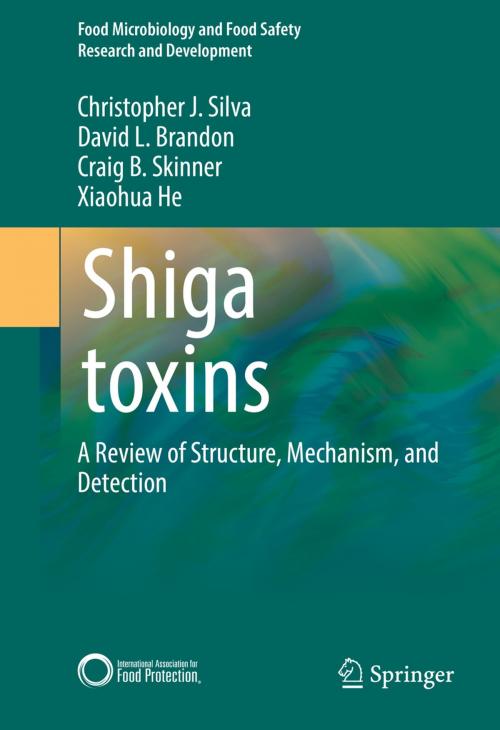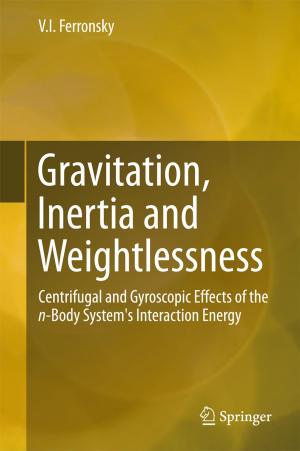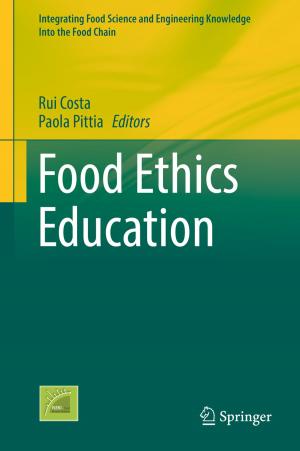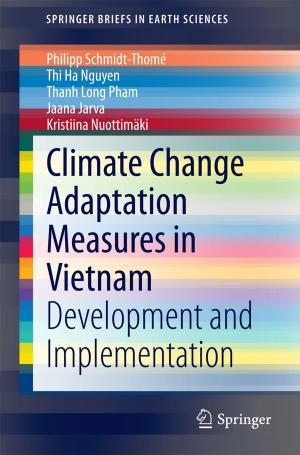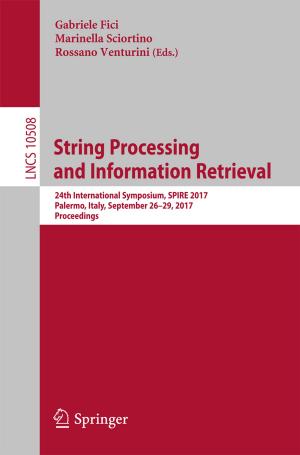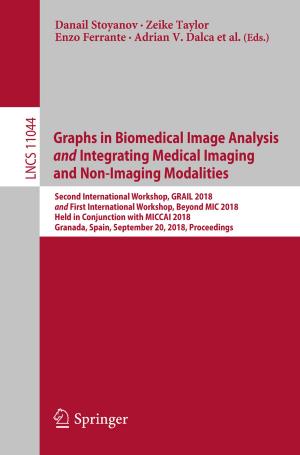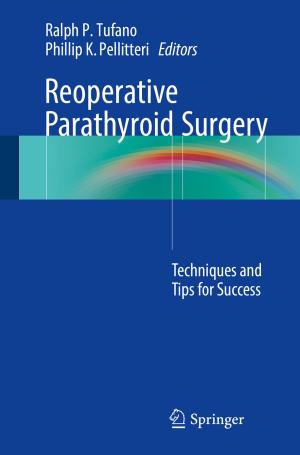Shiga toxins
A Review of Structure, Mechanism, and Detection
Nonfiction, Science & Nature, Science, Biological Sciences, Microbiology, Technology, Food Industry & Science| Author: | Christopher J. Silva, Xiaohua He, David L. Brandon, Craig B. Skinner | ISBN: | 9783319505800 |
| Publisher: | Springer International Publishing | Publication: | February 27, 2017 |
| Imprint: | Springer | Language: | English |
| Author: | Christopher J. Silva, Xiaohua He, David L. Brandon, Craig B. Skinner |
| ISBN: | 9783319505800 |
| Publisher: | Springer International Publishing |
| Publication: | February 27, 2017 |
| Imprint: | Springer |
| Language: | English |
This book presents an overview of Shiga toxin-producing E. coli (STEC), with in-depth coverage of key areas such as recent Shiga toxin-related poisonings in Europe and the US, the structure, production, and mechanism of action of Shiga toxin, and current methods of detection.
The globalization of food production has introduced new risk factors and intensified existing hazards, complicating the assurance of food safety. Foodborne illness outbreaks, such as those related to STEC, are becoming more common and more dangerous. The threat that these bacterial toxins pose to the food supply is magnified by the frequent occurrence and severity of Shiga toxin-caused disease. As a result, STEC and their toxins remain a primary concern in food safety.
This review serves as a key resource for scientists in the field and public health and regulatory officials charged with maintaining food safety. This book also looks to the future of treatment of Shiga toxin-associated disease, specifically the translation of lab bench science into clinical therapeutic strategies.
This book presents an overview of Shiga toxin-producing E. coli (STEC), with in-depth coverage of key areas such as recent Shiga toxin-related poisonings in Europe and the US, the structure, production, and mechanism of action of Shiga toxin, and current methods of detection.
The globalization of food production has introduced new risk factors and intensified existing hazards, complicating the assurance of food safety. Foodborne illness outbreaks, such as those related to STEC, are becoming more common and more dangerous. The threat that these bacterial toxins pose to the food supply is magnified by the frequent occurrence and severity of Shiga toxin-caused disease. As a result, STEC and their toxins remain a primary concern in food safety.
This review serves as a key resource for scientists in the field and public health and regulatory officials charged with maintaining food safety. This book also looks to the future of treatment of Shiga toxin-associated disease, specifically the translation of lab bench science into clinical therapeutic strategies.
